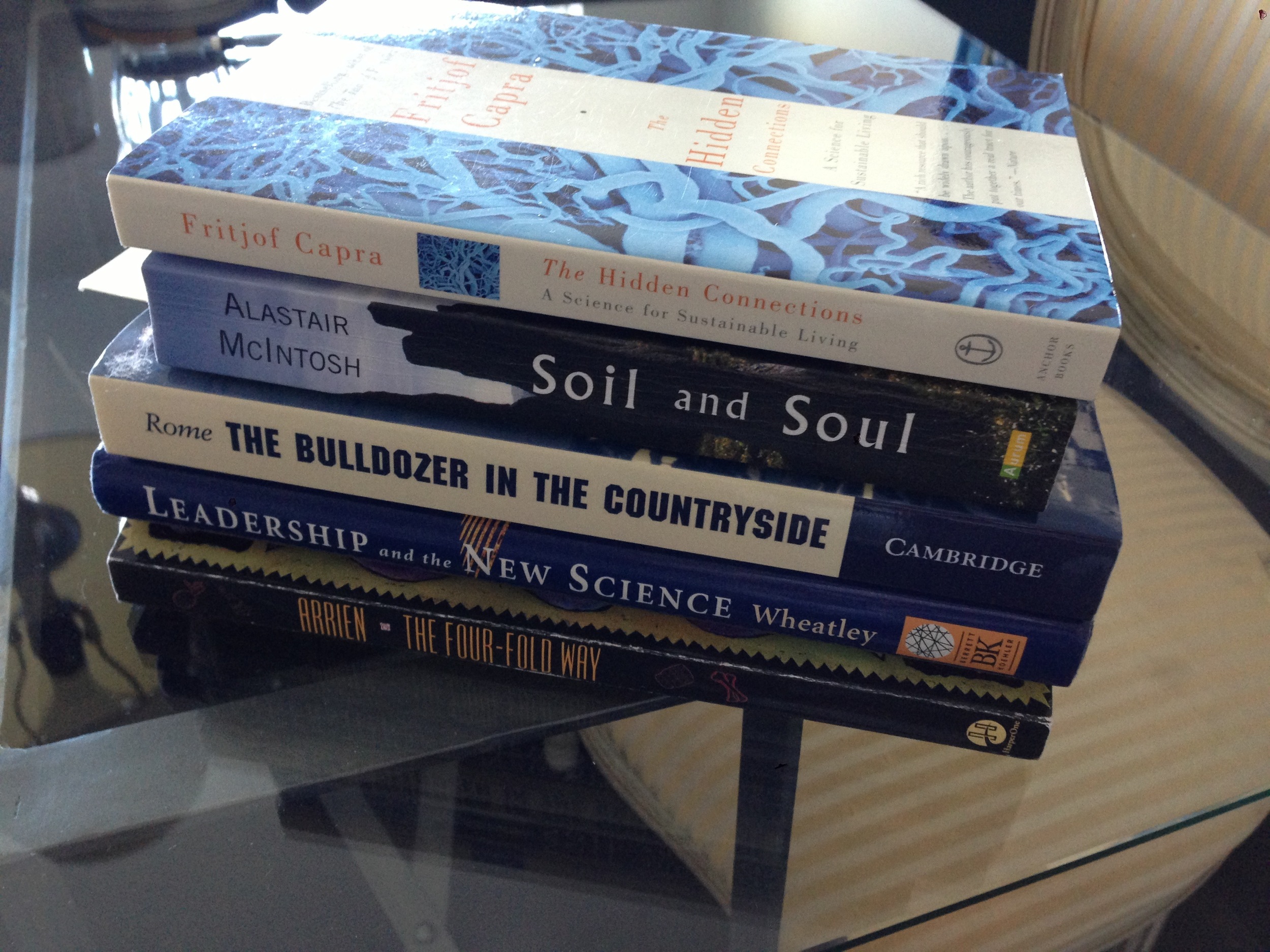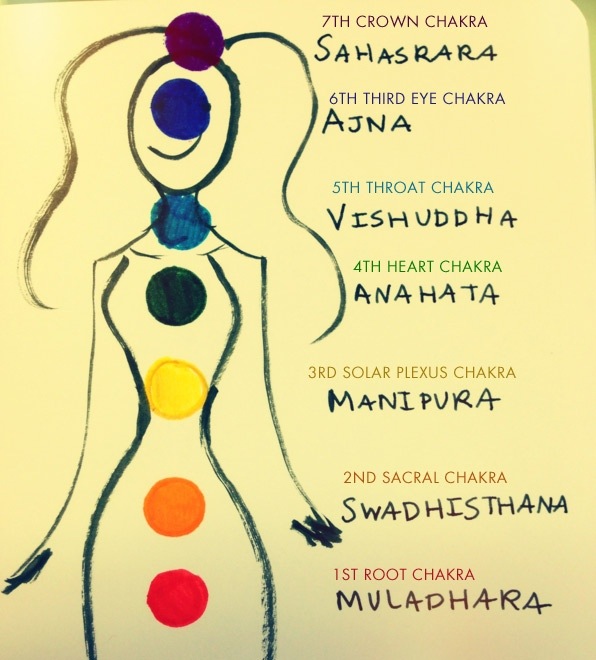To live in our current culture is to be surrounded by experts. It can feel comforting to outsource decisions about my health, my parenting, my emotional state, my career path... I'm constantly overtired and short on time. Can someone just tell me what to do? On the face of it, turning to an expert seems terribly efficient and there's a certain element of checking out that I can do.
[side note...As I privately mull over experts vs personal intuition, we're regularly digging into this tension over at Bricoleur Collective. It dominated our most recent discussion, which I summarized in this blog post. Then I found I had more to say, especially in the context of motherhood and yoga and so...]
Following my intuition is a huge time commitment. I need space in my day to be quiet and listen, to get in touch with Ajna Chakra (Third Eye). As I feel my way along, my path might not look consistent or concrete the way it might if I follow prescribed steps laid out by a professional. I'm making decisions based on what's best in real time, and that often adds up to a whole lot of messiness that sometimes seems like "failure." My head starts spinning with "if only I had done it the way so and so said, this situation would be neat and tidy right now." I fret, I try and clear some space again to make friends with my inner voice, and that space inevitably gets co-opted by the cries of a toddler. Did I mention I'm exhausted?
The thing is, I'm also growing weary of all the experts. Especially regarding motherhood. I've read a good number of parenting blogs and books. Money has been spent on a sleep training plan, with mixed success. I've had a pediatrician tell me it's time to wean and I've had another congratulate me on still breastfeeding my 13 month old son. What works today may not be helpful tomorrow. Even with all the outside opinions taken into account, I'm still tinkering with this method and that idea. My son is a real person, living in real time, surrounded by parents living real lives. The advice I get seems made for a baby in a bubble. Seeking outside advice actually doesn't seem to be saving me time.
Here's an ongoing example. A good night's sleep is illusive in our household. Despite what he's "supposed" to be doing at his age, my son continues to wake around 5am to nurse before sleeping for a couple more hours. About once a week he wakes up before that and lately will not be consoled unless I hold him. It happened two nights ago. He awoke at 1:30am, screaming, SCREAMING. I knew he wouldn't go back to sleep if I simply forced him onto his back in the crib and walked out. And I can't sleep through his cries, I'm in the next room. Wary of physical contact leading to breastfeeding when I've sworn it off before 5am, I picked him up and brought him to bed. He didn't ask to nurse. In fact, he fell right to sleep in between mama and dada. Two hours later he did wake up and start poking my chest. But he was calm. We put him back in his crib and after a little cry, he went back to sleep for another two hours. It wasn't the best night of sleep, but it could have been a whole lot worse had I never picked him up.
I'd read Our Sleeping Training Nightmare on the New York Times site just the day before and it stuck with me. "Could every professional be wrong," asks the author/mother. "My instincts say yes, but I've never really been on speaking terms with my instincts." She gets on speaking terms and ultimately concludes that "this is parenting, then: trying and failing and reaching and missing and sometimes getting it right, and always loving."
And this is parenting: holding space for ourselves, our children, and our families. Parenting is an opportunity for continual mindfulness practice. It's never giving up on that time to myself I try and carve out every morning after the 5am feed, but really only happens twice a week. It's creating some spaciousness in my body and mind through Tonglen Meditation. It's giving my son room to roam while keeping focused on him as boredom creeps in and I reach for my phone and then stop (and reach and stop and reach and stop) and go back to holding a safe space for him to keep exploring and expanding his world.






